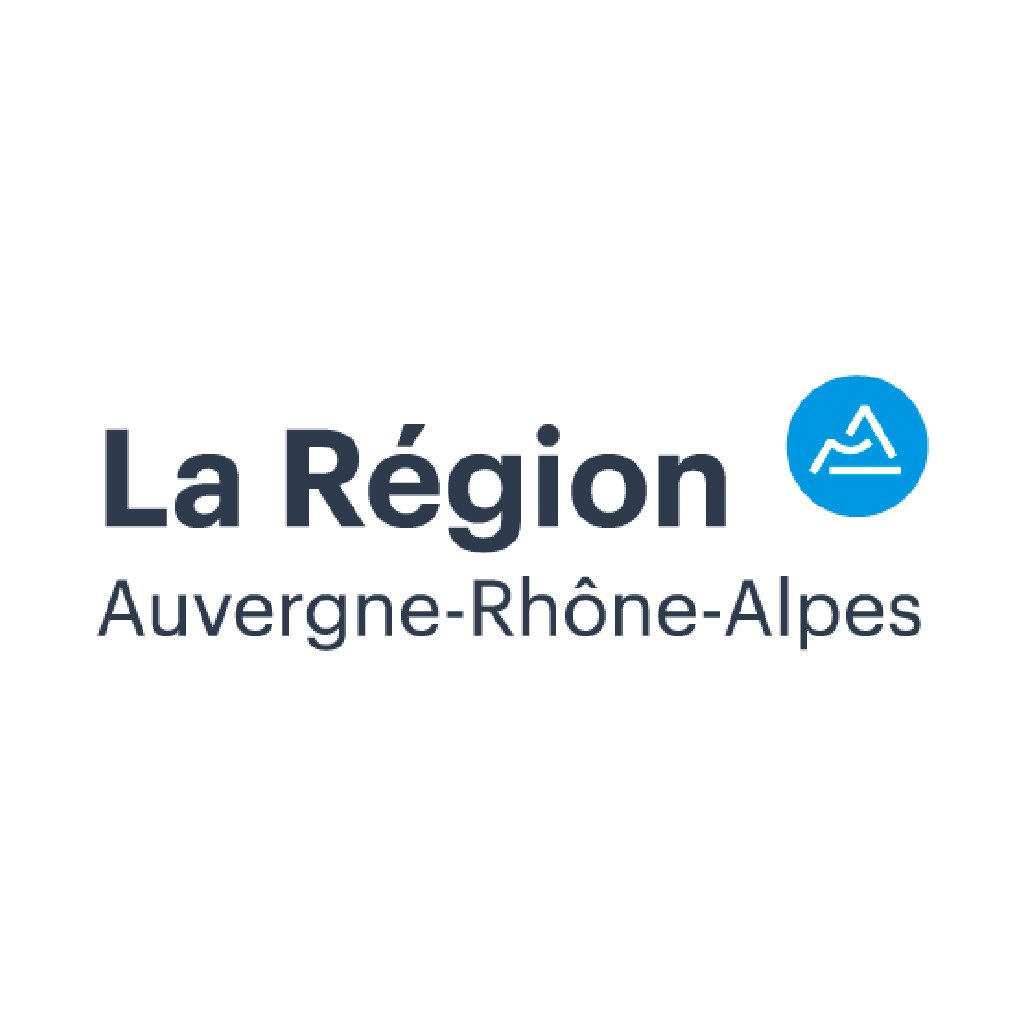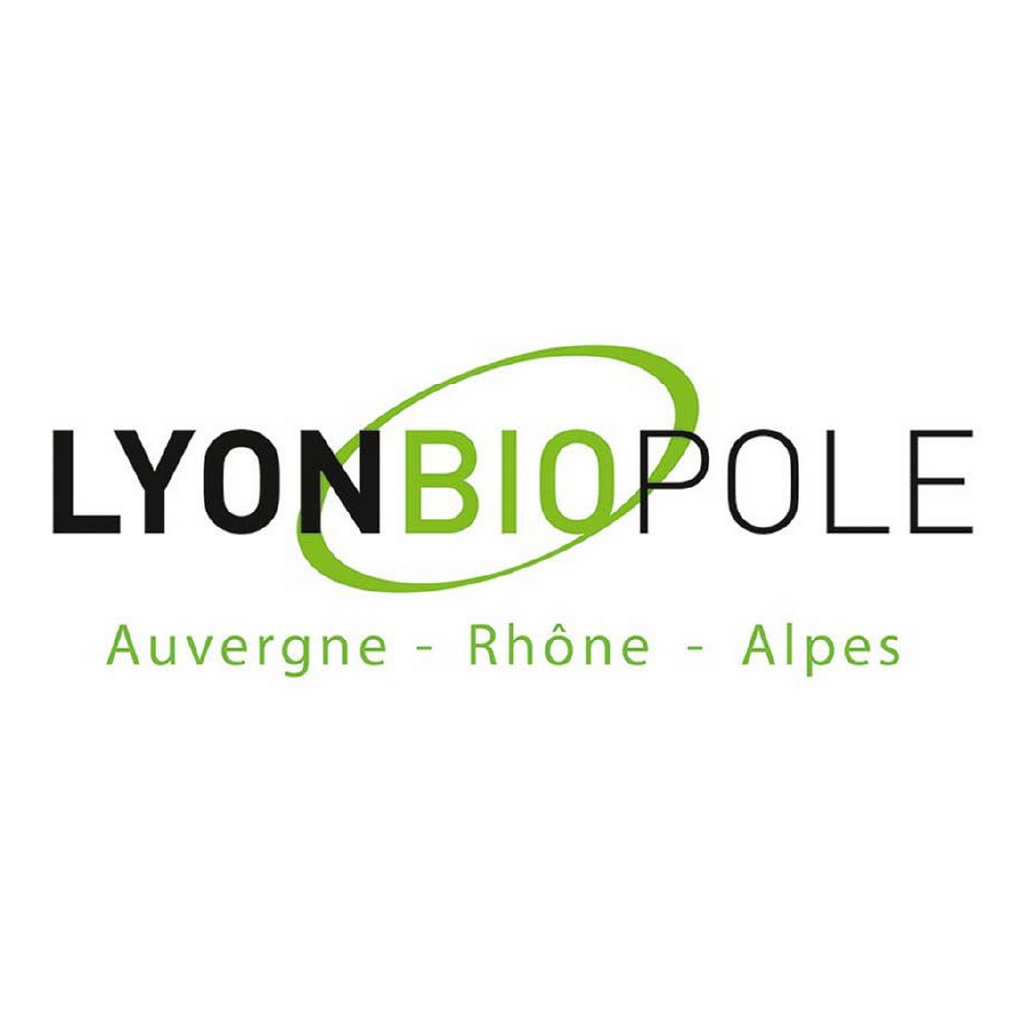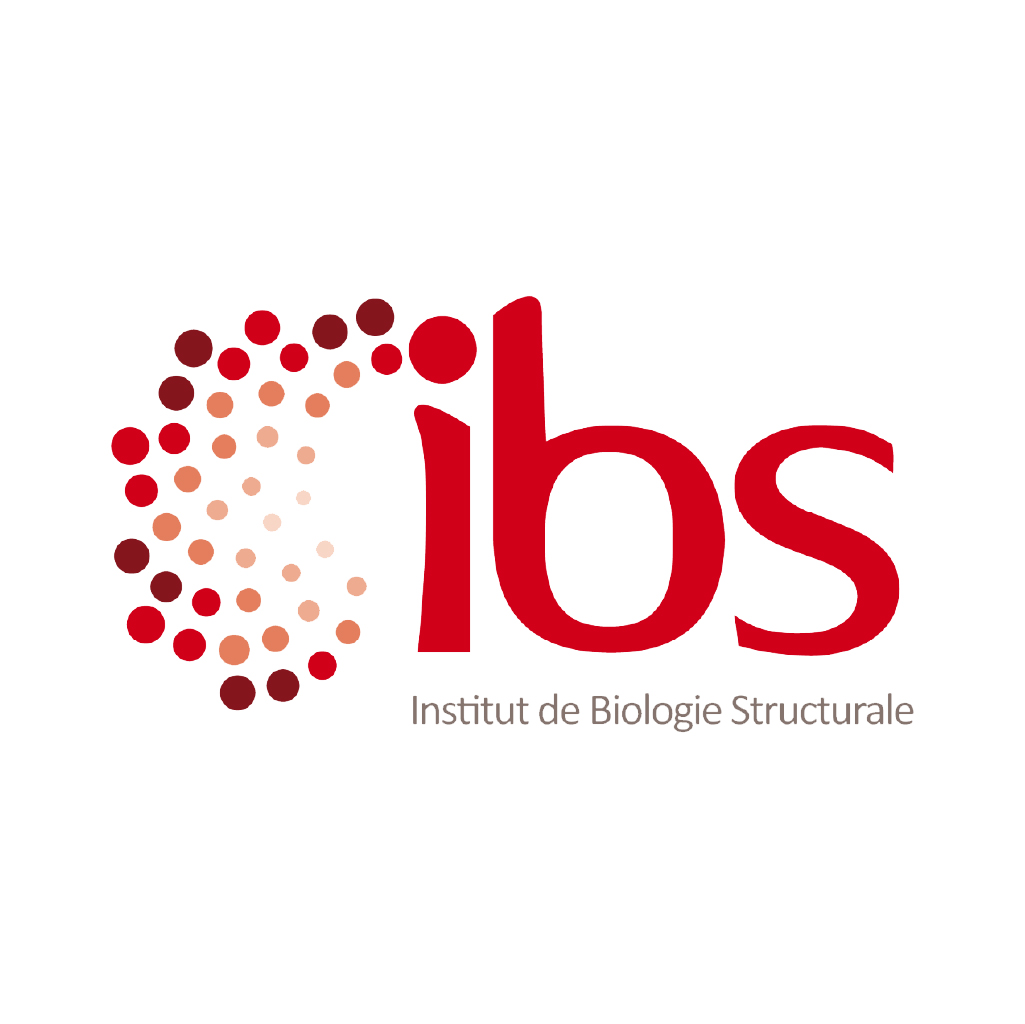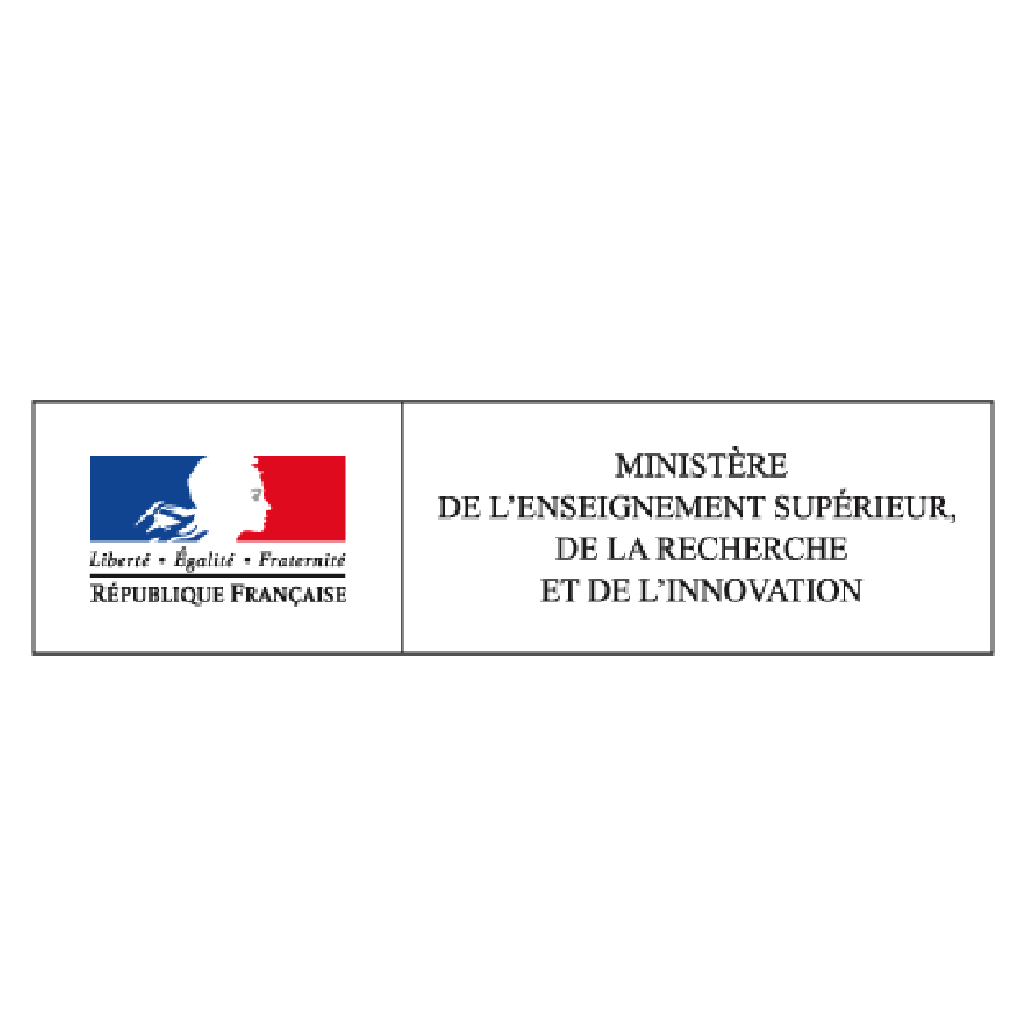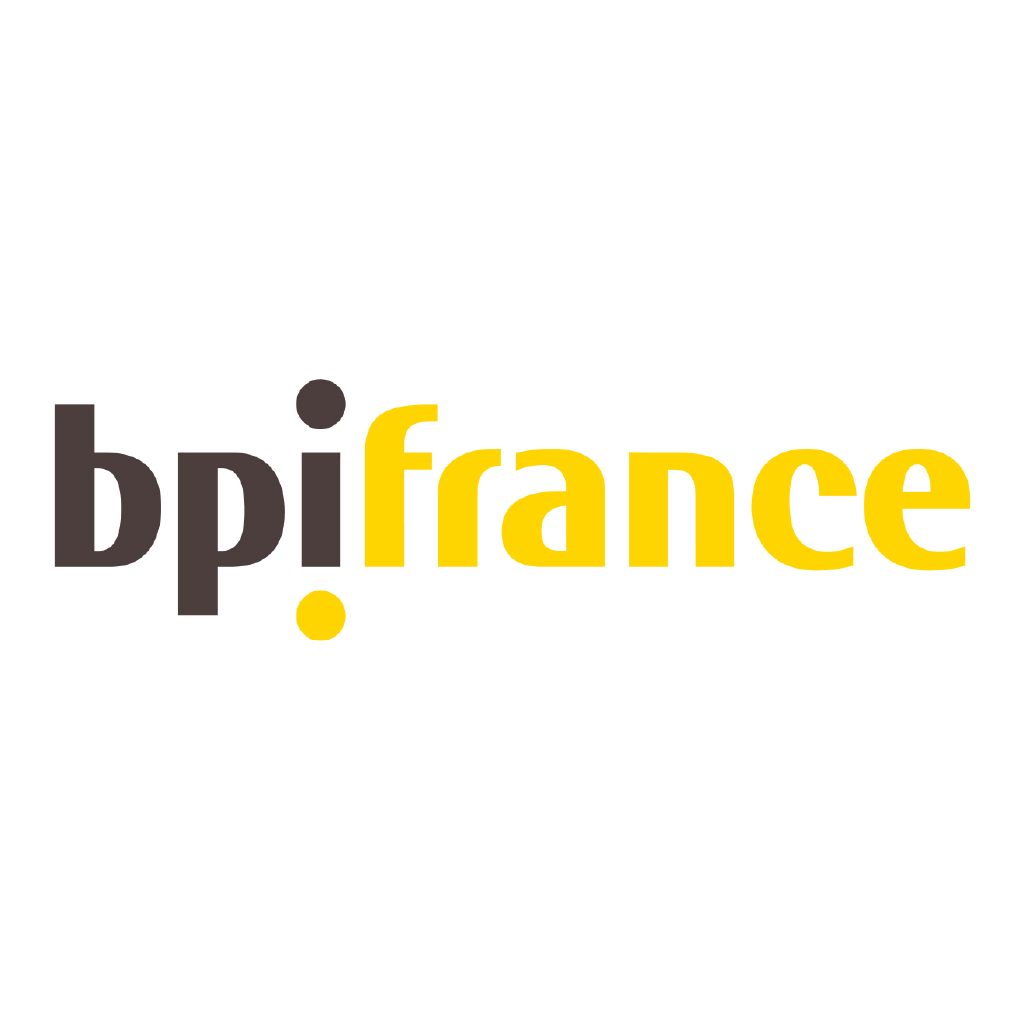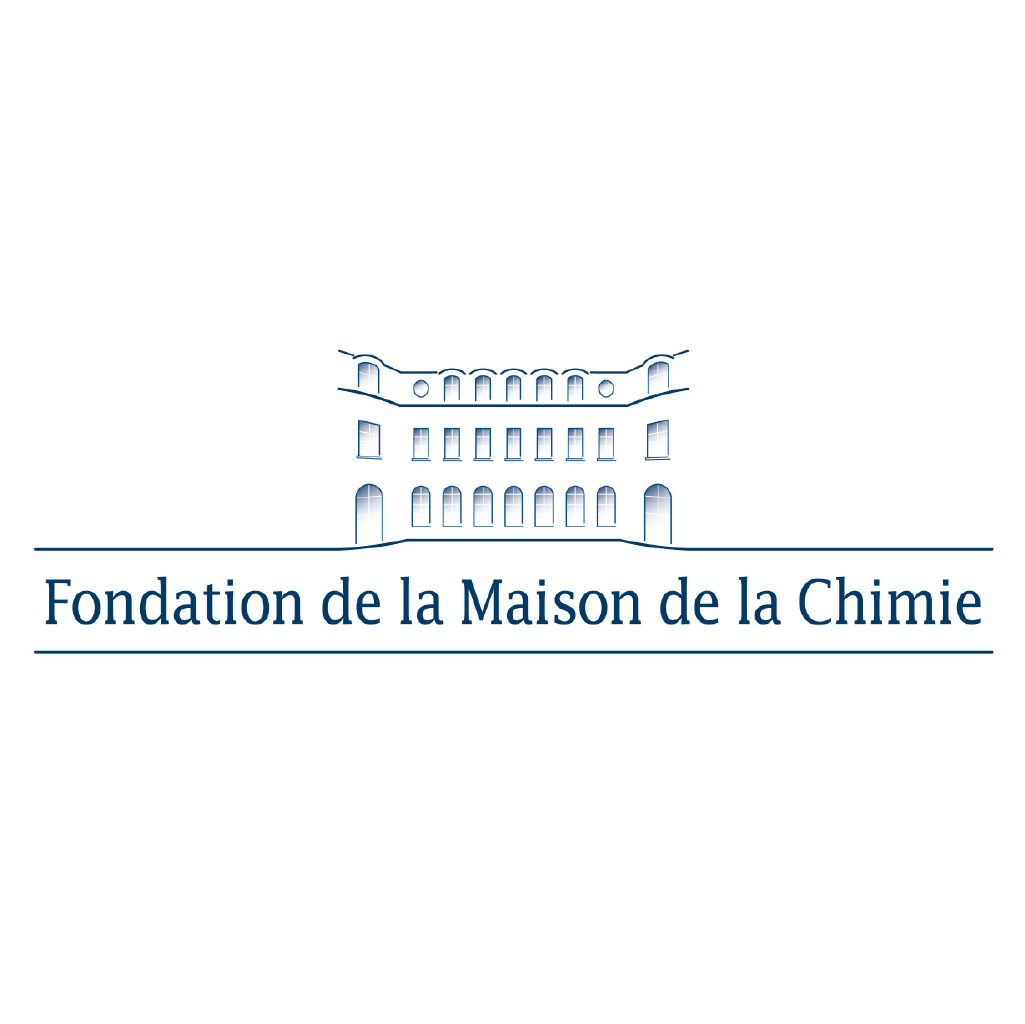About us
We make a complementary range of innovative products for structural biology
“POLYVALAN unique chemical approach provides significant gain of effectiveness, time and/or precision for protein structure determination that allows an optimal use of the existing large facilities. By commercialising our first product Tb-Xo4TM (CrystallophoreTM, literally « who brings crystallization ») only 4 months after our creation, we immediately positioned ourselves as a provider of high added value solutions for bio-crystallographers.
We aim to create a range of complementary tools that will allow a profound upheaval in the field of structural biology.
POLYVALAN will therefore naturally participate in the inevitable evolution of the structural biology which will often be the cause of technological breakthroughs expected in the coming years in the field of biotechnologies.”
We deliver innovative solutions
HISTORY AND SKILLS
From 2015
In December 2015, thanks to a grant during the period 2015-2016 for maturating the technology from the SATT Pulsalys(a Société d’Accélération du Transfert de Technologie or “Technology Transfer Company”, which is a simplified joint stock company as part of the french Prime Minister Future Investments Programme / Programme Investissements d’Avenir or “PIA”), Xo4 technology has been patented (WO2017103545). At that time, Christian Chapelle (Polyvalan cofounder and director) was the Pulsalys technoloy transfer officer in charge of the granted project.
Polyvalan was founded in December 2016.
In March 2017, launching of the first generation of the product called Tb-Xo4 (Crystallophore n°1).
From March 2018 to December 2019, the foundation of “Maison de la Chimie”, thanks to their innovation support project, helps the POLYVALAN by hiring Amandine Roux, a post-doc in chemistry, PhD in Molecular and Supramolecular Chemistry, to develop new molecules and to continue the fundamental research about the crystallization project. Since, Amandine is the first full-time research engineer of the company.
In June 2019, Polyvalan was awarded by a national funding, i-Lab. In the meantime, Polyvalan was also granted by a regional funding, called R&D Booster, on a five partners project dedicated to drug discovery.
In November 2019, launching of the 2nd product called Lu-Xo4, complementary to Tb-Xo4.
Oct 2020 : Polyvalan New Generation Crystallophore Nucleating and Phasing Agents are now available through MiTeGen.
Feb 2021 : At the request of NatX-Ray, the range of lanthanide complexes manufactured by Polyvalan has been completed by 4 products complementary to our Crystallophore phasing agents, also available from MiTeGen and Jena Bioscience.
May 2021 : Crystallophore (Xo4) new protocol. During the CRYSFRAG project, supported by a program R&D BOOSTER from “Région Auvergne Rhône Alpes”, the HTX platform and Polyvalan worked on a new protocol to facilitate the initial screening of protein of interest in the presence of Xo4.



